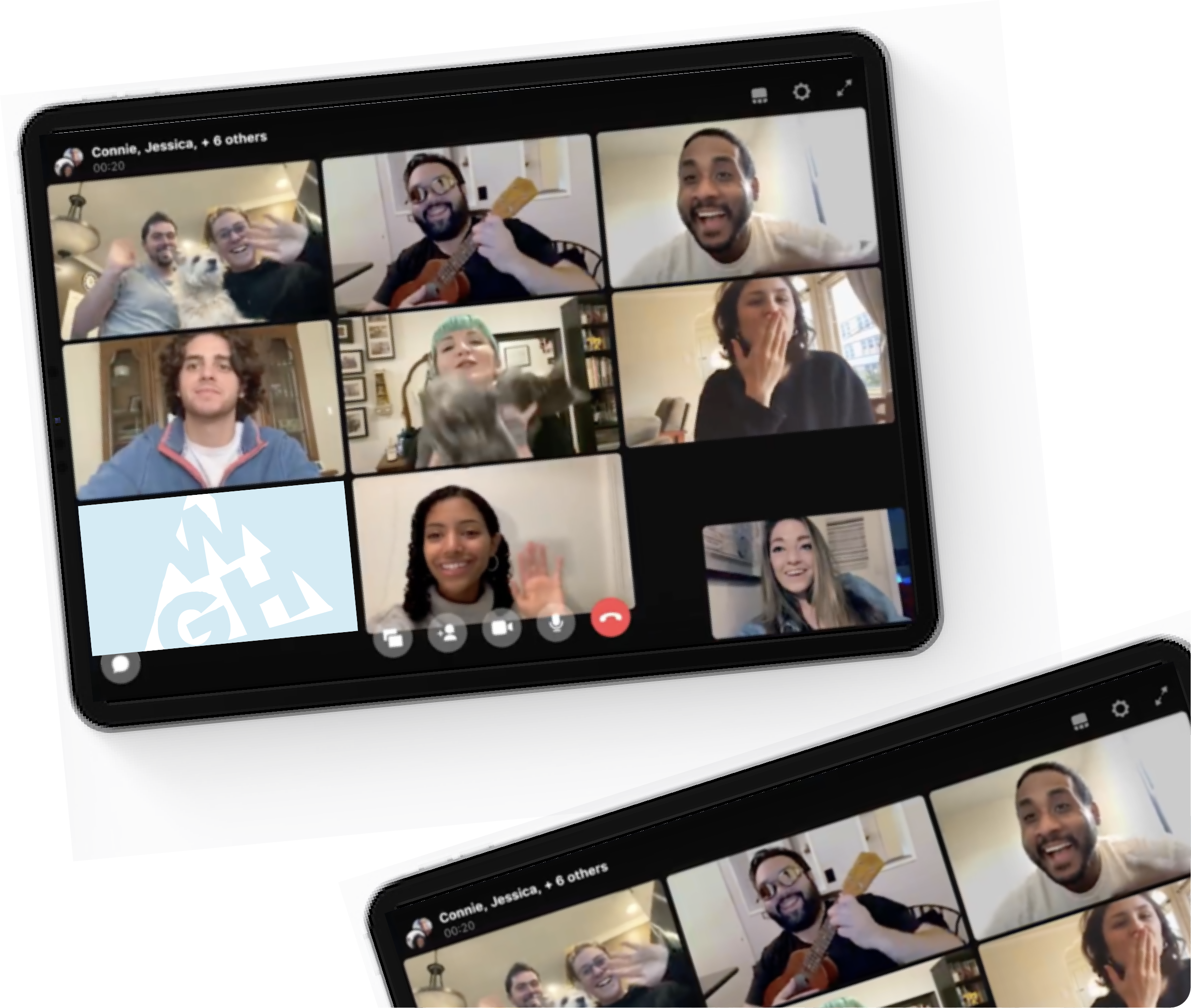Personal development training? Cherry pick from these 18 examples
Once, during a personal development training session, my facilitator was trying to teach the importance of setting goals and achieving them. She asked the participants to share their personal goals and then wrote them on a whiteboard. Oh boy.
One participant proudly announced his goal of losing weight and getting fit. The facilitator asked him how he planned to achieve this goal. The participant confidently replied, “I’m going to stop eating junk food and start exercising.” The facilitator smiled and nodded, but then asked, “What if you have a craving for something sweet? How will you resist it?” The participant confidently replied, “I’ll just remind myself of my goal and the benefits of achieving it.”
Key lessons from personal development training
The facilitator then asked, “But what if you’re in a social situation and everyone else is eating junk food? How will you resist the temptation then?” The participant thought for a moment and then replied, “I’ll just tell them that I’m trying to lose weight and I don’t want to derail my progress.”
The facilitator smiled and nodded again, but then asked, “But what if you’re really stressed and emotional? How will you resist the temptation then?” The participant, now starting to look a bit flustered, replied, “I…I guess I’ll just have to use my willpower and self-control.”
The facilitator chuckled and said, “Well, that’s all well and good, but let’s be realistic. You can’t rely on willpower alone to achieve your goals. You need a plan and a support system to help you stay on track. Otherwise, you’ll end up like me.”
She then pointed to a large box of donuts on the table and said, “I bought these for the group to enjoy during the break, but I couldn’t resist eating half of them myself. And now, I’m regretting it because I’m feeling bloated and guilty. So, let’s learn from my mistake and make a plan to achieve our goals together.” The participants laughed and nodded in agreement, realizing the importance of having a plan and support system in achieving their goals.
18 personal development training examples from the wild
Personal development training is a learning process designed to help individuals improve their knowledge, skills, and abilities in order to achieve their personal and professional goals. This type of training typically focuses on building self-awareness, communication, problem-solving, decision-making, and leadership skills.
Through personal development training, individuals can gain a better understanding of their strengths and weaknesses, set personal and professional goals, and develop strategies for achieving those goals. This type of training can be beneficial for individuals at all stages of their careers and can help them achieve greater success and fulfillment in their personal and professional lives. Here are 18 examples to guide you pick yours.
Time management training
This type of training teaches individuals how to effectively plan and manage their time, prioritize tasks, and avoid procrastination in order to achieve their goals and increase productivity.
Communication skills training
This training focuses on developing individuals’ verbal and nonverbal communication abilities, including listening, speaking, and body language, in order to improve their ability to effectively communicate with others.
Get notified on new articles on personal development
Leadership development training
This training helps individuals develop their leadership skills and abilities, including decision-making, delegation, motivation, and team building, in order to become more effective leaders.
Stress management training
This training teaches individuals how to recognize and manage stress, including techniques for relaxation and mindfulness, in order to improve their mental and emotional well-being.
Goal setting and achievement training
This training teaches individuals how to set specific, measurable, attainable, relevant, and time-bound goals, and how to create a plan to achieve those goals.
Decision-making training
This training helps individuals develop their decision-making skills, including the ability to identify and evaluate options, consider consequences, and make informed choices.
Conflict resolution training
This training teaches individuals how to effectively handle conflicts and disputes, including techniques for negotiation, mediation, and communication, in order to resolve conflicts in a positive manner.
Creativity and innovation training
This training helps individuals develop their creative thinking skills and abilities, including brainstorming, problem-solving, and idea generation, in order to come up with novel and useful ideas.
Emotional intelligence training
This training focuses on developing individuals’ emotional intelligence, including self-awareness, self-regulation, empathy, and social skills, in order to improve their ability to understand and manage their own emotions and those of others.
Team building and collaboration training
This training helps individuals develop their ability to work effectively as part of a team, including communication, cooperation, and problem-solving, in order to achieve common goals.
Negotiation skills training
This training teaches individuals how to effectively negotiate in various situations, including techniques for preparing, influencing, and reaching agreement, in order to achieve mutually beneficial outcomes.
Presentation skills training
This training helps individuals develop their ability to deliver clear, engaging, and effective presentations, including techniques for planning, organizing, and delivering a presentation, in order to communicate information effectively.
Public speaking training
This training focuses on developing individuals’ ability to speak confidently and persuasively in front of an audience, including techniques for preparation, delivery, and audience engagement, in order to effectively communicate a message.
Professional development training
This training helps individuals develop the knowledge, skills, and abilities needed to succeed in their current or desired careers, including topics such as networking, resume building, and job search strategies.
Interpersonal skills training
This training focuses on developing individuals’ ability to effectively interact with others, including communication, empathy, and conflict resolution, in order to build and maintain positive relationships.
Self-awareness and self-management training
This training helps individuals develop their self-awareness and self-management skills, including the ability to recognize and understand their own thoughts, feelings, and behaviors, and to manage them in a healthy and productive manner.
Critical thinking and problem-solving training
This training teaches individuals how to think critically and logically, including techniques for analyzing and evaluating information, generating and testing hypotheses, and making informed decisions.
Change management training
This training helps individuals understand and manage the process of change, including techniques for identifying and assessing change.
Personal development training versus coaching
Training is typically focused on imparting specific knowledge and skills to individuals or groups, while coaching is more focused on guiding and supporting individuals to improve their performance and reach their goals. Training can be more structured and formal, and often follows a set curriculum or syllabus. Coaching, on the other hand, is more personalized and can be tailored to the individual’s needs and goals.
Choosing training over coaching may be appropriate in situations where a specific set of skills or knowledge is required for an individual or group to perform their job effectively, or when there is a need for standardized training across an organization. Training can also be more cost-effective and efficient for groups, as it allows for the delivery of consistent information and instruction to multiple individuals at once.
On the other hand, coaching may be more appropriate in situations where individuals have specific goals or performance challenges that require more personalized support and guidance. Coaching can also be beneficial for individuals who want to develop their leadership or personal growth skills, as it focuses on helping individuals identify their strengths and challenges and develop strategies to overcome them.
Overall, the decision to choose training or coaching will depend on the specific needs and goals of the individual or group, and the resources available to support their development.


